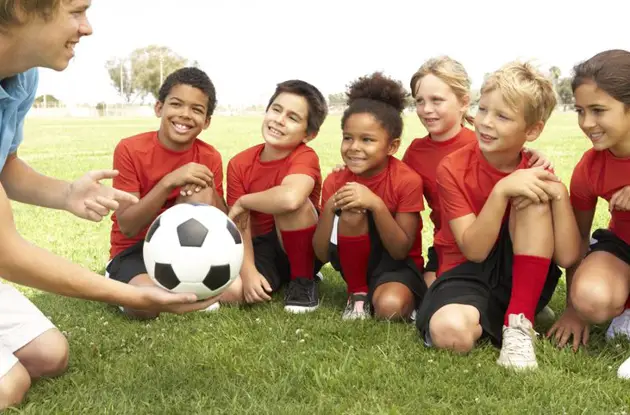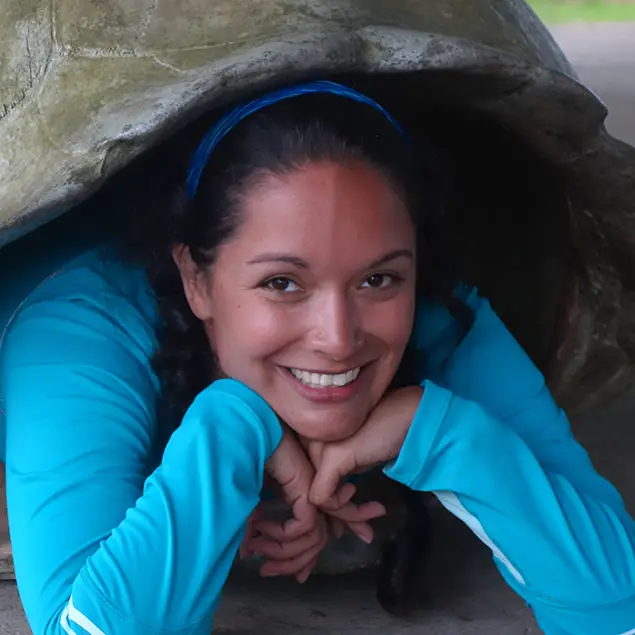More After-School Articles:

These Are the Best Places to Find Kids Exercise Videos
Here are some virtual gyms offering virtual fitness classes and kids exercise videos for at-home gym class.Latest News:

Sports Classes & Fitness for Kids in Rockland & Bergen County, NJ
UPDATED January 2020: Keep your child active with sports and fitnesses classes in Rockland and Bergen County. Get the full list online.Family Activities:
Have a Laugh:



